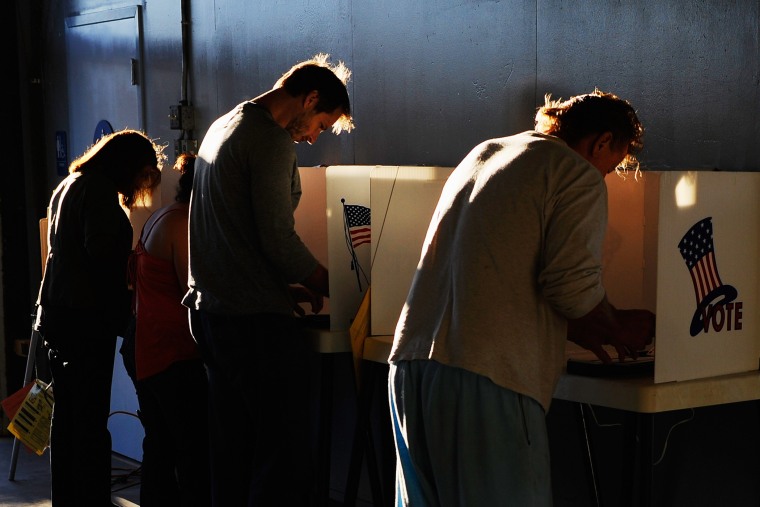Human nature leads people to put each other in neat boxes. Some put all women into one category, even though Sarah Palin and Hillary Clinton both exist. Black Lives Matter activists are arrested for civil disobedience nationwide, but we talk about "the black vote" as though Republican Ben Carson isn't running for president and conservative Clarence Thomas isn’t a justice of the Supreme Court.
We wonder why the poor vote "against their own interests."
By that, we mean: We know what’s best. How could anyone look at the economy and decide to vote for anyone with an (R) behind their name? But the question infers an incredibly simplistic view of class in America. Forty-six million people live in poverty at any given time. There is nothing that is uniform about a group that large.
RELATED: Geography of Poverty: A journey through forgotten America
Studies show that when the interests of the wealthy exist in opposition to those of the poor — which is most of the time — the votes of both parties skew heavily towards the donor class. Why then would a service worker trust either major party on issues that matter to the lower classes?
That distrust is one reason for the Trump surge: He might be crazy, but you can trust him to tell you when you're getting the short end of the stick.
"Forty-six million people live in poverty at any given time. There is nothing that is uniform about a group that large."'
We condemn wealthy people who vote only by their pocketbook and don't consider other issues. Yet we expect the poor to do so, and ask what’s wrong when they take things beyond money into consideration.
Nobody should be surprised that many of America's working poor are socially conservative. After all, the poor are more likely to be religious. If you are faced with the decision to vote for a party that you perceive to be marginally worse on safety net issues but much better on, say, abortion, what is the rational choice?
In that position, you'd vote where you could make a difference, of course.
It's narcissistic and dismissive to tell workers that they couldn't possibly know what's best, that they should define themselves by the economic strata they inhabit — and that once they've done that, they would vote for the correct (read: left of center) candidates.
Consider also that the poor vote against their best interests when they vote for any national candidate. Voting at all is being complicit in your own oppression. Regressive taxation wasn’t dreamed up by a McDonald’s cook. Banking codes that prohibit credit unions from making small short term loans are the entire reason we have payday lenders. If workers had been writing health care policy, we’d be negotiating for cheaper prescriptions instead of explicitly enriching certain pharma companies.
It’s rumored that it was Democratic Sen. Chuck Schumer who rolled back the banking regulations last fall in the budget bill.
So, really, the problem isn't which of two similar parties the working classes are voting for. The problem is gridlock and partisanship, campaigns that leave us with sticker shock, and threats of a shutdown fight whenever it seems politically expedient.
Oligarchy is like obscenity — we may not be able to define it, but we know it when we see it. And increasingly, neither party is immune to its effects.
Linda Tirado is the author of the book "Hand to Mouth: Living in Bootstrap America," which was published in paperback this month by Berkley Books, and the essay “Why I Make Terrible Decisions, or poverty thoughts."
